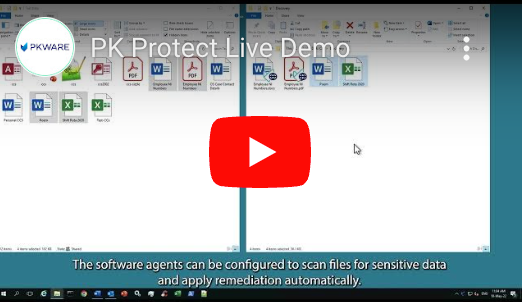The 15-Minute Rule: Incident Response Checklist for Cybersecurity Leaders

Every Second Counts After a Breach
Is your incident response plan ready? In the fast-paced world of cybersecurity, every second matters—especially with recent data breaches in 2025 exposing critical vulnerabilities across industries. This checklist is designed to help CISOs, CDOs, CROs, CTOs, CIOs, Data Protection Officers, VPs of IT Security, Senior Security Architects, and Compliance Officers build resilience and recover faster from emerging data security threats in 2025.
Incident Response Checklist for 2025
Preparation
- Establish a Comprehensive Incident Response Plan (IRP): Ensure the plan is updated annually and reviewed after major incidents.
- Define Roles and Responsibilities: Assign clear roles for all stakeholders, including IT, legal, PR, and executive leadership.
- Maintain Up-to-Date Contact Lists: Include internal teams, third-party vendors, regulators, and law enforcement.
- Conduct Regular Training: Run quarterly simulations and tabletop exercises to test preparedness.
- Invest in Proactive Threat Detection: Implement AI-driven tools for real-time monitoring and anomaly detection.
- Back-Up Critical Data: Ensure backups are encrypted, isolated, and tested regularly for recovery effectiveness.
- Execute a Data-Centric Strategy: Ensure all of your sensitive data can be found and is protected at its source. Those protections should follow the data wherever it lives and moves.
Detection
- Monitor and Alert: Use a centralized system for detecting and reporting unusual activities or breaches.
- Analyze Alerts Quickly: Triage incidents within the first 15 minutes to determine severity and scope.
- Identify the Source: Pinpoint entry points and affected systems using forensic tools.
Containment
- Isolate Affected Systems: Disconnect compromised systems to prevent lateral movement.
- Activate Pre-Defined Containment Strategies: Use segmentation and other controls to limit damage.
- Preserve Evidence: Secure logs and other forensic data to support investigations and compliance.
Eradication
- Eliminate Threats: Remove malware, close vulnerabilities, and patch affected systems.
- Validate Via Risk Assessments: Conduct thorough scans to ensure threats are fully eradicated.
Recovery
- Restore Systems and Data: Use verified backups to return systems to normal operations.
- Monitor Post-Recovery: Implement heightened monitoring to detect any residual threats or re-entry attempts.
- Communicate with Stakeholders: Notify affected parties, regulators, and partners transparently.
Lessons Learned
- Conduct a Post-Incident Review: Identify gaps, update the IRP, and implement new security measures.
- Document Findings: Record all details to meet compliance requirements and enhance preparedness.
- Share Insights: Contribute to threat intelligence sharing platforms to help the broader community.
Why Preparation Matters
In the critical moments following a breach, having a tested and effective incident response plan can make all the difference. Build resilience and protect your organization (along with your customer’s data!) by acting now.











